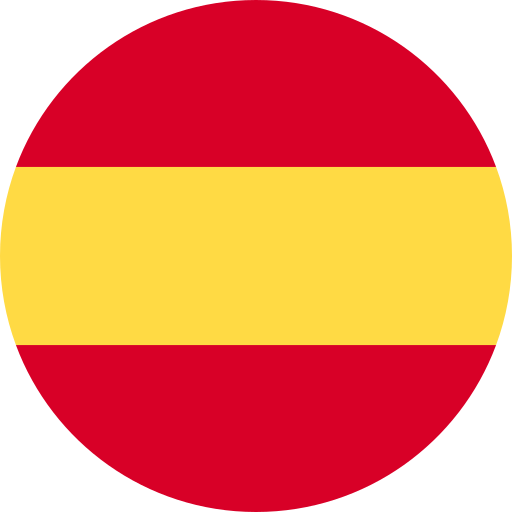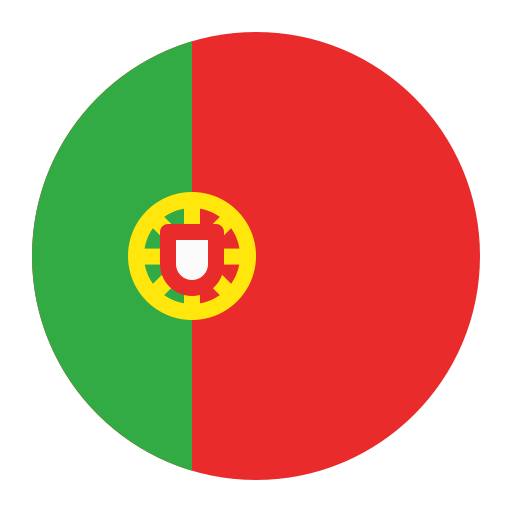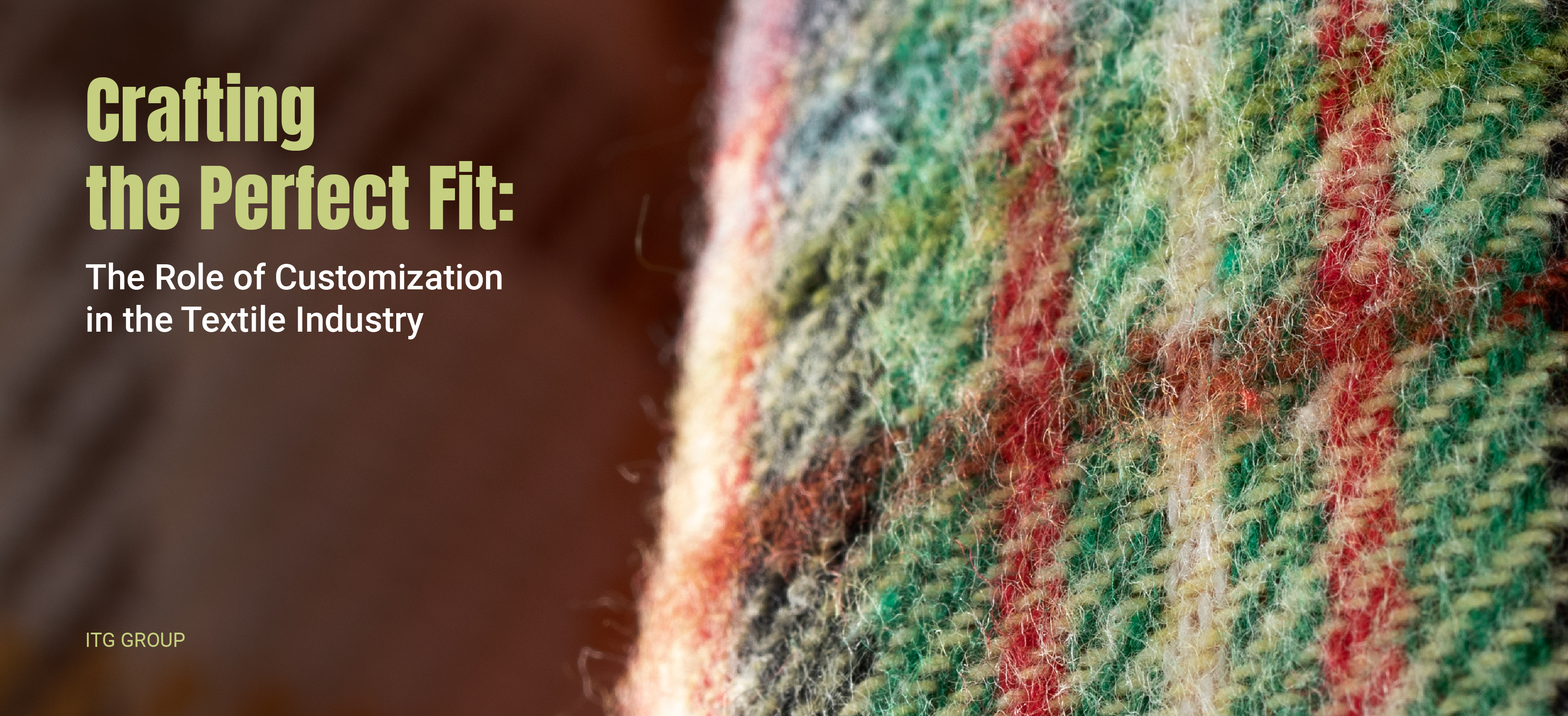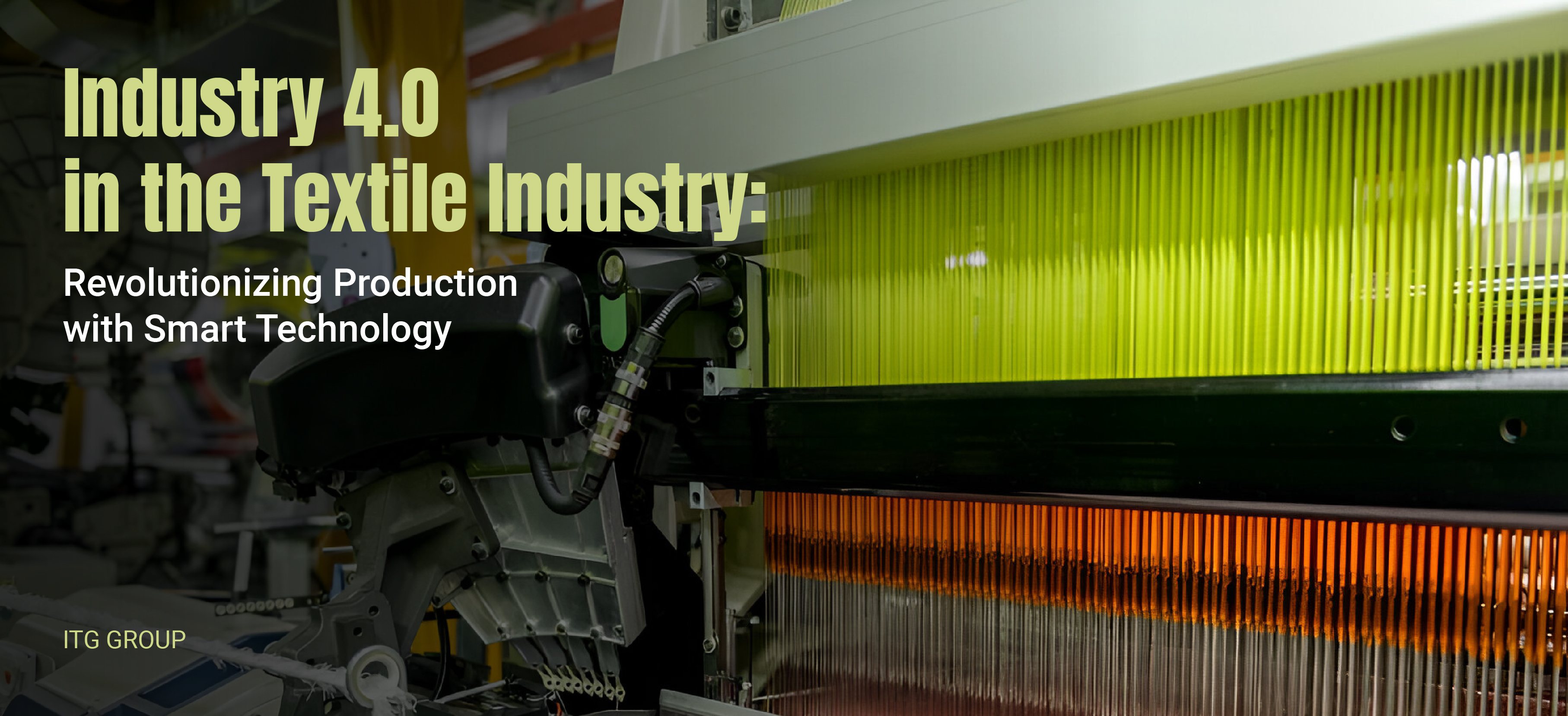- Textile industry
- Jan 22, 2025
- 0
The Athleisure Revolution: Redefining Fashion and Its Impact on the Textile Industry
Athleisure, the fusion of athletic wear and casual fashion, has evolved into one of the most significant trends in modern apparel. What began as a functional trend for athletes and gym-goers has rapidly transitioned into a mainstream style embraced by a diverse range of consumers. The popularity of athleisure is rooted in its versatility, comfort, and the growing focus on health and fitness in today’s culture. This shift is not only transforming wardrobes but also influencing the textile industry, where new innovations in fabric technology are enabling performance wear to seamlessly blend with everyday fashion.
The growth of athleisure can be attributed to several key factors. First, the changing nature of work and lifestyle has increased demand for clothing that balances comfort with style. As more people work from home or participate in more relaxed social environments, athleisure provides a perfect solution. It allows individuals to look put-together while still feeling comfortable enough to work out, run errands, or relax at home. This shift in lifestyle demands apparel that’s not just stylish but functional, and athleisure fits that need perfectly.
Moreover, as wellness trends continue to gain traction, athleisure offers a visible symbol of a health-conscious lifestyle. The trend represents more than just fashion; it’s an embodiment of personal well-being, making it attractive to a broad demographic of consumers looking to reflect their active, health-focused lifestyles in their clothing choices.
The technology behind athleisure fabrics has been integral to the category’s success. Brands are continuously innovating to improve fabric performance in areas such as moisture-wicking, breathability, durability, and flexibility. Cutting-edge textiles, like spandex blends and moisture-absorbing materials, ensure that athleisure wear performs as well as it looks. The fusion of synthetic and natural fibers creates garments that are not only comfortable but also adaptable to various environments, making them ideal for both intense workouts and day-to-day wear.
One of the most significant advancements in athleisure fabric technology is the development of fabrics that offer superior breathability and moisture control. These materials are designed to regulate body temperature, wick away sweat, and provide the kind of flexibility needed for physical activity. In addition to performance, these fabrics are often engineered to be lightweight and stretchable, ensuring comfort without sacrificing style.
Smart textiles, which incorporate embedded sensors or other technology, are another growing area within athleisure. These fabrics can track things like heart rate, body temperature, or even movement, offering consumers more than just clothing but a wearable experience. This trend aligns perfectly with the increased focus on fitness and self-tracking technologies in the modern consumer’s lifestyle.
As athleisure continues to evolve, its future looks promising. Innovations in sustainable materials are making it possible for athleisure brands to embrace eco-friendly practices while still offering high-performance fabrics. Many consumers are now demanding apparel that not only fits their active lifestyle but also aligns with their values, particularly when it comes to sustainability. Brands that can deliver both performance and sustainability will likely capture a larger share of the market in the coming years.
Furthermore, the lines between athleisure and other fashion segments continue to blur. What began as workout gear has become a staple in casual and even professional wear, with major fashion houses incorporating athleisure-inspired elements into their collections. The trend is also adapting to new contexts, such as hybrid work environments and outdoor activities, where functionality and fashion are equally prioritized.
At ITG Group, we provide a wide range of looms, including knitting looms, which are ideal for producing fabrics for athletic wear and activewear. These looms, combined with our offering of cylinders, enable our customers to diversify their production lines without the need for significant investment. This flexibility allows businesses to adapt to the growing demand for athleisure products and expand their product offerings, making it easier to stay competitive in the ever-evolving textile market.
Let us provide you with the tools you need to stay ahead in the textile industry. Reach out now to explore the possibilities!
- Textile industry
- Jan 22, 2025
- 0
Crafting the Perfect Fit: The Role of Customization in the Textile Industry
Customization has become a vital element in the textile industry, allowing manufacturers to meet diverse client needs and stand out in a competitive market. The ability to adapt products to specific requirements—whether through design, functionality, or material composition—has reshaped the industry, enabling brands to deliver unique, high-quality solutions tailored to their customers.
Modern consumers value individuality, which drives the demand for customized products. In fashion, for example, brands can no longer rely solely on generic designs to satisfy their audiences. Instead, they use customized textiles with unique prints, colors, and finishes to deliver garments that align with current trends or specific customer preferences. This approach not only enhances customer satisfaction but also builds stronger brand loyalty.
Beyond fashion, industries like interior design and technical textiles also benefit from customization. Architects and interior designers rely on tailor-made fabrics for upholstery and curtains that meet their exact aesthetic and functional needs. Similarly, technical textiles, used in industries such as automotive, healthcare, and sports, often require specific properties like flame resistance, durability, or moisture-wicking capabilities that can only be achieved through customized production.
Advancements in technology have made textile customization more accessible and efficient. Digital printing, for instance, has revolutionized the way manufacturers produce patterns and designs, offering high precision, faster turnaround times, and the ability to create intricate details. Similarly, techniques like dye sublimation and laser cutting allow for greater flexibility in creating unique textures, colors, and finishes.
Customization is also evident in material selection. Manufacturers work with clients to choose fibers and fabrics that meet specific performance criteria, such as eco-friendliness, softness, or enhanced durability. With the rise of sustainability, many clients are opting for organic or recycled materials to align with their values, further emphasizing the importance of customization in meeting market trends.
In addition to enhancing product appeal, customization also improves the efficiency of production. Many textile manufacturers now use advanced software and machinery to cater to unique requests while maintaining scalability. For example, CAD (computer-aided design) programs allow clients to visualize custom patterns before production, reducing errors and ensuring that final products meet expectations.
This streamlining is essential for industries like retail, where brands need to release new collections quickly and adapt to changing consumer trends. Customization allows manufacturers to deliver tailored solutions without sacrificing speed or quality, making it a critical tool for staying competitive.
In a crowded marketplace, customization is one of the most effective ways for brands to differentiate themselves. Unique, tailored products help companies stand out, whether they’re creating limited-edition fashion pieces or specialized fabrics for niche markets. This differentiation not only attracts attention but also justifies premium pricing, as consumers are often willing to pay more for personalized, high-quality goods.
For businesses, offering customized textiles also strengthens client relationships. Collaborating with customers to develop fabrics tailored to their exact needs builds trust and loyalty, fostering long-term partnerships.
At ITG Group, we understand the critical role customization plays in today’s textile industry. That’s why we work closely with our suppliers to provide solutions that allow our customers to meet evolving market demands. Whether it’s connecting customers with high-quality suppliers or offering expert guidance to align with market trends., ITG Group is dedicated to supporting its customers’ success. We’re your commercial ally in the textile industry, committed to delivering solutions that drive growth and innovation.
- Textile industry
- Dec 12, 2024
- 0
Industry 4.0 in the Textile Industry: Revolutionizing Production with Smart Technology
The textile industry is undergoing a digital transformation powered by smart technology, reshaping the way products are designed, manufactured, and distributed. This shift, often referred to as Textile 4.0, integrates advanced technologies such as artificial intelligence (AI), automation, Internet of Things (IoT), and digital twins, enabling unprecedented efficiency, sustainability, and innovation across the sector, which are revolutionizing textiles by streamlining operations, enhancing product quality, and improving supply chain management, marking the dawn of a new era in textile manufacturing.
Digital Twins: A Game-Changer in Manufacturing
One of the most impactful innovations in Textile 4.0 is the use of digital twins, which create virtual replicas of physical processes, machines, or entire production environments. These digital simulations allow manufacturers to test and optimize operations before implementing changes on the factory floor.
For example, textile firms can simulate different production settings to reduce errors, minimize waste, and optimize resource use. By predicting outcomes and troubleshooting in a digital environment, manufacturers can save time and reduce costs, making operations more efficient and eco-friendly.
AI and IoT: Smarter Processes, Better Outcomes
Artificial intelligence and IoT are transforming textile production by enhancing precision and automating complex tasks. AI-powered algorithms analyze data to optimize production schedules, improve quality control, and predict equipment maintenance needs. This ensures minimal downtime and maximized output.
The IoT takes automation a step further by connecting machines and sensors in real time. This connectivity allows factories to monitor production lines, detect inefficiencies, and adjust processes remotely. For instance, IoT sensors can measure fabric tension, color consistency, or machine temperature, ensuring consistent product quality while reducing waste.
Robotics and Automation in Textile Production
Automation is another key component of the Textile 4.0 revolution. Robotics is replacing repetitive and labor-intensive tasks, improving efficiency and reducing human error. From automated cutting machines to robotic arms for fabric handling, smart machines are helping manufacturers produce high-quality textiles at scale.
Additionally, automation supports sustainable practices by precisely using materials, thereby reducing excess waste and improving energy efficiency. This aligns with the growing demand for environmentally friendly production methods in the textile industry.
Big Data for Smarter Decisions
The ability to collect and analyze massive amounts of data is driving smarter decision-making in the textile sector. Manufacturers can now track consumer preferences, monitor production metrics, and evaluate supply chain efficiency in real time.
For example, data analytics can predict market demand, enabling companies to adjust production levels accordingly and avoid overproduction. This not only optimizes resources but also helps companies meet customer expectations more effectively.
Enhanced Customization and Design
Smart technology also enables greater customization in textile design. Tools like 3D printing and AI-driven design software allow brands to create personalized products tailored to specific customer preferences. This level of customization boosts customer satisfaction and strengthens brand loyalty.
Additionally, technologies such as augmented reality (AR) are being used to create virtual fitting rooms, enhancing the customer experience by enabling shoppers to visualize garments before purchase.
Sustainability and the Future of Textile 4.0
Sustainability is at the core of the Textile 4.0 revolution. Smart technologies enable resource optimization, reduce waste, and lower carbon footprints.
As the industry continues to adopt smart solutions, it’s clear that Textile 4.0 is not only driving operational excellence but also paving the way for a more sustainable and innovative future.
ITG Group: Embracing Innovation
At ITG Group, we are committed to understanding and leveraging the latest advancements in Textile 4.0. By staying informed about smart technologies and their applications, we provide our customers with insightful guidance to keep their businesses efficient, innovative, and aligned with industry standards.
We’re your commercial ally in the textile industry, working together to shape the future of textiles.
- Textile industry
- Dec 12, 2024
- 0
Championing Circularity: How To Drive Sustainable Change Inside Out
En la industria de la moda actual, la sustentabilidad se ha convertido en una prioridad definitoria, con empresas como Adidas a la vanguardia de los esfuerzos por crear una economía circular en la moda. La circularidad se basa en diseñar productos que puedan reutilizarse, reciclarse o biodegradarse en lugar de desecharse. Este enfoque minimiza los residuos, conserva los recursos y, en última instancia, reduce la huella medioambiental de la industria. Pero Adidas subraya que la circularidad no es un esfuerzo en solitario, sino un "deporte de equipo" en el que marcas, productores y consumidores desempeñan un papel integral.
Adidas ha redefinido su enfoque del diseño de productos, creando calzado y ropa pensando en la longevidad y la reciclabilidad. Un buen ejemplo es su línea de zapatillas totalmente reciclables, fabricadas con materiales ecológicos que pueden desmontarse y reprocesarse. Este enfoque garantiza que las zapatillas que llegan al final de su vida útil puedan volver como materia prima para nuevos productos en lugar de acumularse en vertederos. Adidas lo considera una parte esencial de su estrategia de apoyo a la sustentabilidad, ya que demuestra que los productos no tienen por qué sacrificar la calidad, el rendimiento o el estilo para ser sustentables.
Un componente importante de la circularidad es la colaboración. Adidas se asocia con organizaciones medioambientales, proveedores e incluso competidores para alcanzar objetivos de sustentabilidad compartidos. A través de estas colaboraciones, trabajan en tecnologías de reciclaje innovadoras, exploran nuevos materiales sustentables y desarrollan normas industriales que pueden ayudar a reducir el impacto ambiental en todo el sector.
Además, Adidas subraya el papel de la educación del consumidor. Los consumidores de hoy buscan opciones más sostenibles y son cada vez más conscientes del impacto ecológico de sus decisiones de compra. Adidas ha puesto en marcha iniciativas para educar a los consumidores sobre los beneficios de la circularidad y los productos sustentables, fomentando una mayor concientización y alentando hábitos de consumo responsables. Este cambio en el comportamiento de los consumidores desempeña un papel importante a la hora de reforzar las prácticas de producción sustentable en toda la industria.
El cambio hacia la circularidad también impulsa la innovación al empujar a las empresas a explorar nuevos materiales, diseños y procesos de producción. El enfoque circular de Adidas ha llevado al desarrollo de productos que cumplen las normas medioambientales y satisfacen la demanda de ropa de alto rendimiento. Este proceso se alinea con la misión más amplia de la empresa de redefinir la relación entre producción, consumo y residuos, ayudando a establecer un nuevo estándar en la industria.
La circularidad no se limita a la fase de producción; implica crear un ciclo de vida del producto que incluya el reciclaje, la reutilización y la eliminación adecuada. Al asumir la responsabilidad de cada etapa del ciclo de vida, Adidas muestra cómo las empresas pueden reducir su huella ecológica al tiempo que fomentan una economía de reparación y reutilización en lugar de desechar y sustituir. El cambio a una economía circular fomenta la responsabilidad medioambiental a largo plazo y sitúa a Adidas como pionera de la moda sustentable.
En ITG Group, compartimos este compromiso con la sustentabilidad y la circularidad en la industria textil. Manteniéndonos al día de las innovaciones y aprendiendo a fondo sobre las mejores prácticas sustentables, buscamos ayudar a nuestros clientes a seguir siendo competitivos, así como fomentar relaciones duraderas a través de las cuales nuestros clientes tomen decisiones que beneficien tanto al planeta como a su negocio.
Mediante esfuerzos de colaboración, un servicio personalizado al cliente y un enfoque en el éxito a largo plazo, estamos orgullosos de ser un aliado comercial de confianza en la industria textil, guiando a nuestros socios hacia un futuro sustentable.

 Spanish
Spanish
 English
English
 Italian
Italian
 Portuguese
Portuguese
 French
French




